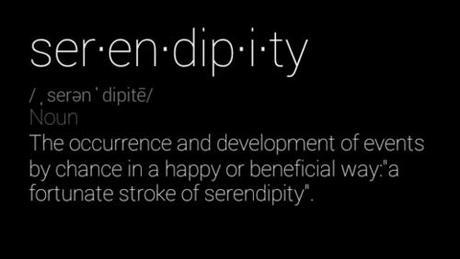
In a recent CNN piece entitled, “Internet Gains Are Serendipity’s Loss,” Todd Leopold writes about an issue that is extremely relevant to our work at Expect Labs: Do contextual technologies limit our chances of discovering the unexpected?
Contextual software becomes deeply in tune with who we are, which enables products to enhance our lives by providing us with only the things we care about. The “only” part can pose a problem. Some experts argue that predictive tech can also shield us from other choices.
Our founder, Tim Tuttle, gives his take on the issue:
"Ten years from now, 15 years from now, we might look back and we’ll realize that there’s a downside of only giving people just the information they care about, and I suspect we’ll learn to make these systems so they can surprise you every now and then… but the field isn’t there yet."
There’s no denying that smart technology can save us time and frustration. In the article, author Robert Weiss argues that predictive software is primarily useful and harking on the fact that it’s erasing serendipity is just us projecting our nostalgia for pre-Internet times. Tuttle says that it’s important to keep in mind that technology is just a tool; it doesn’t make up the entirety of our experiences: “As with automation throughout the centuries, the idea is to free our bodies — and our minds — to focus on other things.”
The article is worth a read in its entirety. Just make sure you open yourself to a few surprises along the way.
(via CNN / Image via Google Glass)
